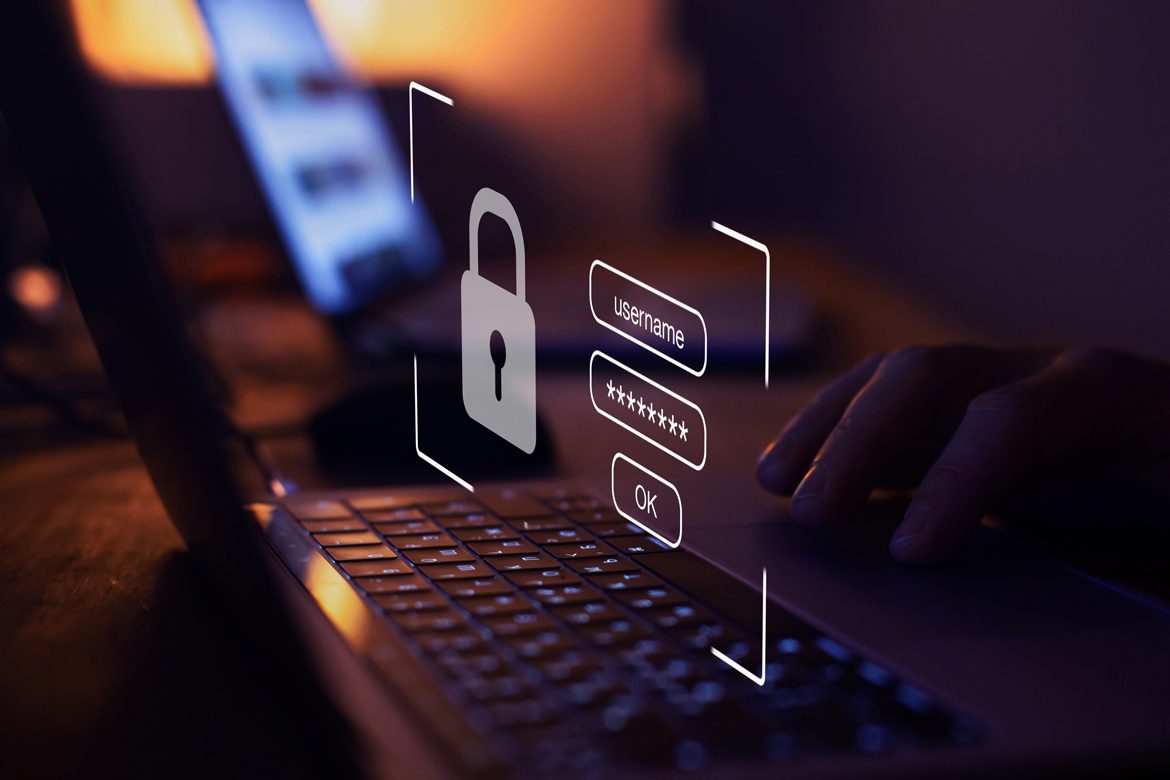- The APAC regions are particularly vulnerable to cyber security breaches, given that higher percentages of their infrastructure are hosted on cloud rather than actual premises.
- Governments in APAC countries have sought bilateral and multilateral partnerships with countries around the world as a way to navigate the troublesome cyber security terrain.
- The use of blockchain technology is being explored by these countries as a way of controlling cyber security breaches.
The Digital Governance Report by the swissnex Network is a combined study on some of the pressing technology and governance challenges in the APAC region, and the innovative solutions being adopted by its public and private sectors.
Cyber security threats are a looming concern for countries around the world. With the growth of e-commerce and digital transactions, as well as the increasing adoption of new age information technologies such as artificial intelligence, the threat of cyber attacks is ever present.
The APAC regions are particularly vulnerable to cyber security breaches, given that higher percentages of their infrastructure are hosted on cloud rather than actual premises. CISCO Cybersecurity Series 2019 report found that 16% of the organisations in APAC countries had between 80-100% cloud-based hosts, compared to 9% globally.
As a result, these countries have experienced a higher percentage of cyber threats. For instance, India ranks fifth in terms of the total number of domain name system hijacks and nearly 90% companies in Australia have reported to have received up to 5000 threats a day.
Governments in APAC countries have sought bilateral and multilateral partnerships with countries around the world as a way to navigate the troublesome cyber security terrain.
Singapore signed an MOU with Netherlands, U.S.A, Australia, Germany, Japan and Canada for cyber security training, research and knowledge & best practice sharing. South Korea oversaw the Warsaw Process Working Group on Cybersecurity with the United States and Poland. Over the past two years, Japan has held a series of high-level dialogues with the U.K., Ukraine, Russia, U.S.A, France, EU, India, Israel and others. Australia allocated a budget of A$1.66 billion (US$1.19 billion) over the next 10 years to strengthen the cyber defences of companies and households.
Cross ministerial lead agencies have been established by countries such as Australia, India, Japan and Singapore to protect and empower their increasingly digitised economies.
The use of blockchain technology is being explored by these countries as a way of controlling cyber security breaches. India is a prime example. The Institute of Development and Research in Banking Technology (IDRBT) in India is currently working on a project to develop a R&D ecosystem for different government departments to foster blockchain technology.
The decentralised nature of blockchain makes it challenging for hackers to gain access to stored data, domain information, etc, making the cyberspace stronger and more secure. However, critics have voiced their concerns over the limited legal framework in place for the use of blockchains and have emphasised the need for standardisation.
To learn how APAC countries are exploring solutions to fill the chinks in their cybersecurity armour, read our detailed report.






NO COMMENT